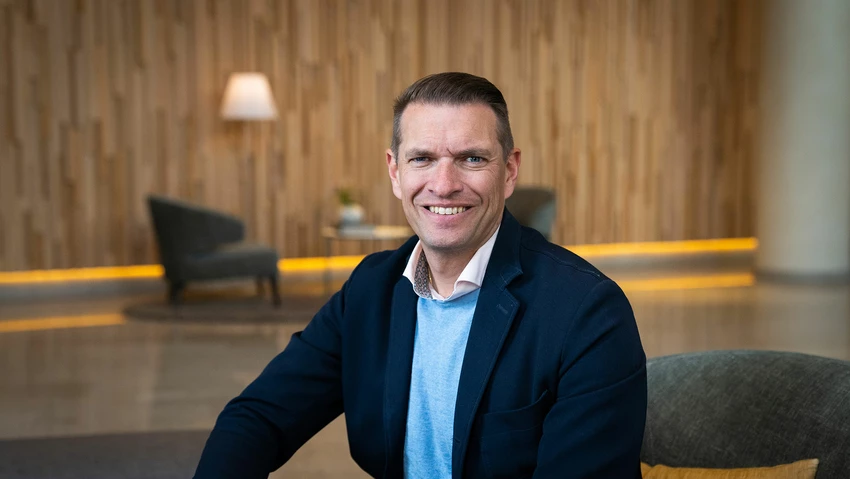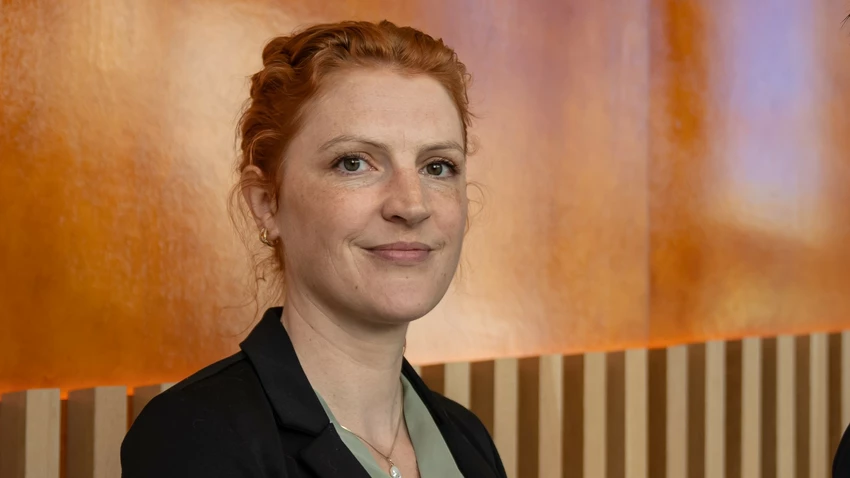
“The data shows that more men are optimistic about their future and fewer men have put their goals on hold than women have. However, when we look at the data with other variables, such as income, gender becomes insignificant. In an earlier study I did during the spring I got the result that among people with high income, men and women alike invested in funds and shares the same way. Their gender was insignificant when adding income level as a variable in this area,” says Anders Stenkrona, Nordea’s savings expert in Sweden.
All in all, Anders explains, the differences we see between men and women come down to a person’s income level, job security and the feeling of being in control of one’s economy. That, in fact, differs a lot between the men and women.
“What we found to be very important in the Nordic Pulse study is that those who feel they have the skills to be in control of their financial situation are more optimistic about their financial future. This is a key finding. And, when it comes to putting our goals on hold, once again gender becomes insignificant when relevant control variables are introduced. Here we found that the key reason for people to put their goals on hold is if they are worried about losing their jobs.”




